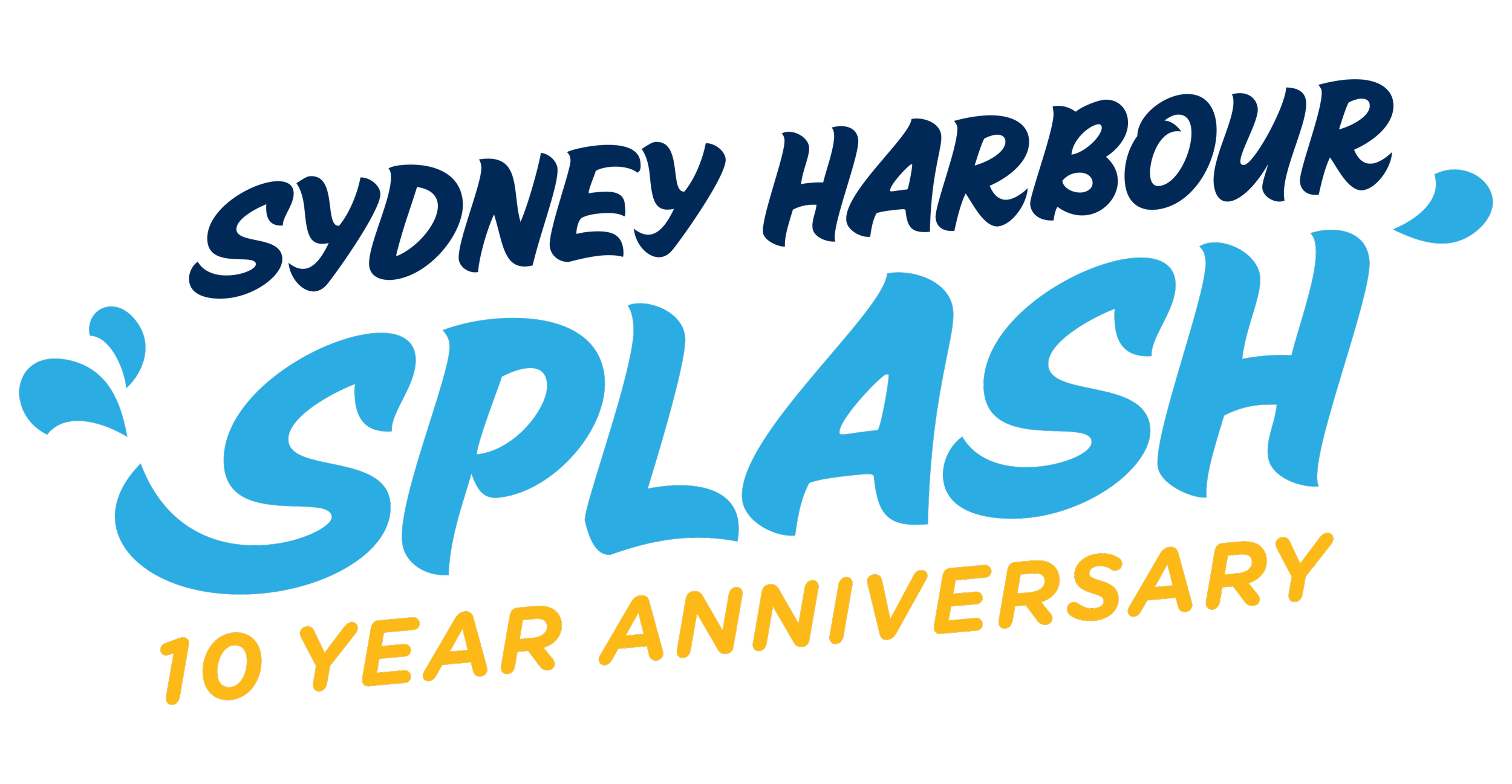LIKE TO TRAIN ON YOUR OWN?
We have your back with these easy to follow 8 week swimming training plans.
OCEAN SWIM TIPS WITH DEANO GLADSTONE
Ocean swimming activates the body's healing mechanisms to fight conditions such as asthma, arthritis, bronchitis and inflammatory diseases, as well as common aches and pains. Magnesium-rich salt water can also relax your muscles, reduce stress and help induce sleep.
Dean Gladstone, Bondi Lifeguard, yoga instructor and Lifestyle Coach, has some great tips for us to help avoid common mistakes most people make when tackling their first ocean swim.
Planning
As a rule of thumb, I like to eat 3 hours before a race. However, that depends on the time of the race and the distance. If the event is short, I will race on an empty stomach. If it is long, I will eat.
You should practice eating habits in your training. If you are training for a 2 km swim at 9am then plan a 2km swim for training at 9am, test out your pre event nutrition and work out what you are comfortable with
A lot of people train but never test out a race distance or a meal plan before an event. The more times you do it, the more familiar it will feel. The point is, everyone is different and you have to do what is right for you.
Most distance training sessions are done in the pool so all the more reason to get to the open water and experience the chop, wind and other elements before the race. It’s very different to the pool!
Preparation - Pre race
Arrive early to have a warm up swim. Ensure you then get dry and warm and do some stretches or mobilising movements.
Pack two pairs of swimmers so you put dry ones on for the event. Pack a spare pair of goggles too. Drink some water.
The big event
Look out for land marks for the finish of the race during your warm up swim pre-race
You’re race plan should include knowing the race course and all the colours of the turning buoys. This includes taking advantage of sand banks, waves, rips, currents and tides as they can assist you without you actually having to swim any faster/harder. Swimming faster in the wrong direction will obviously impede you so make sure you understand the conditions.
Breathe on both sides in training, so in a race you can do exactly that.
Post Race
Give yourself a high five for completing the course!
Remember to have an easy swim at the end to reduce the lactic acid out of the muscles.
A stretch and a foam roller session or a massage post can help aid recovery.
Write some goals for the next event. Work out what you did well and what you can improve on. I love having goals to train for!!
for more information on Deano check out his website: www.deanogladstone.com


